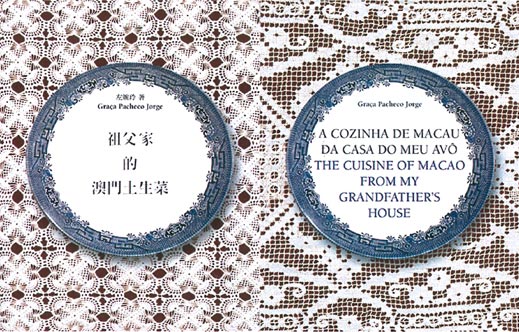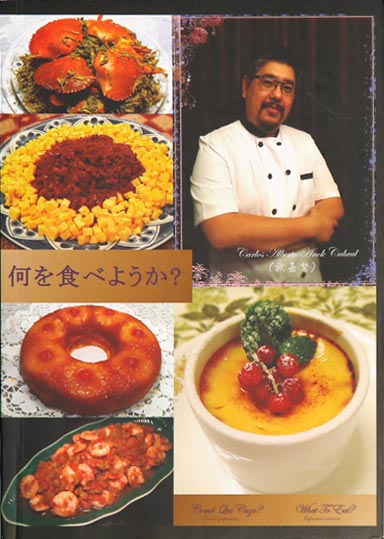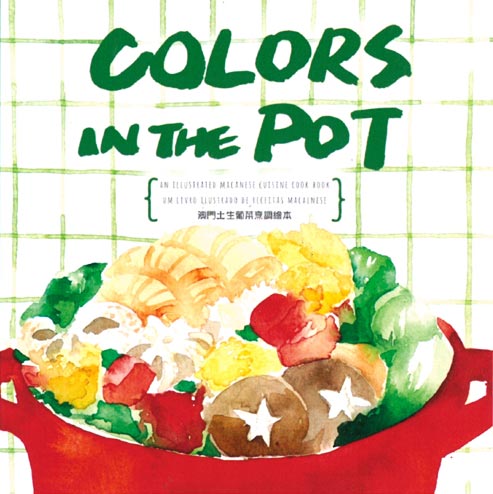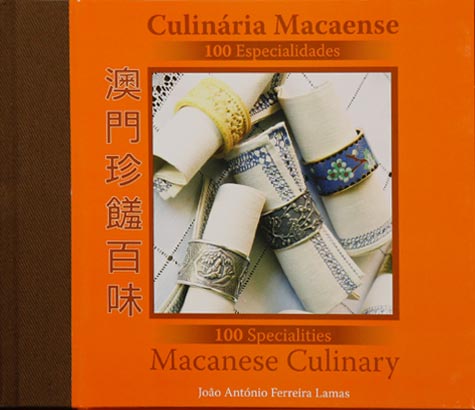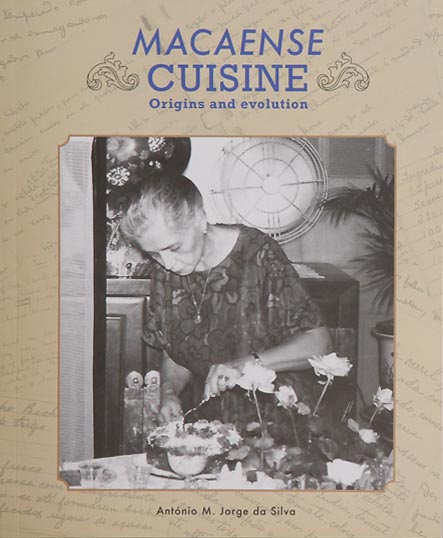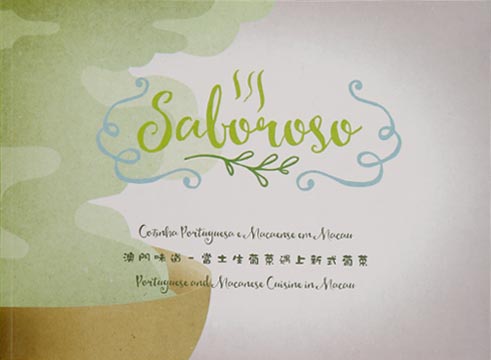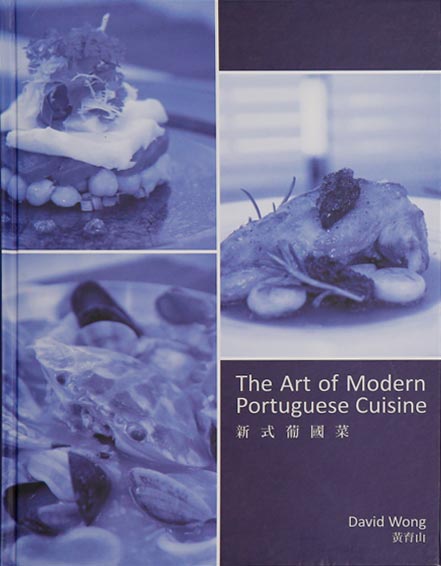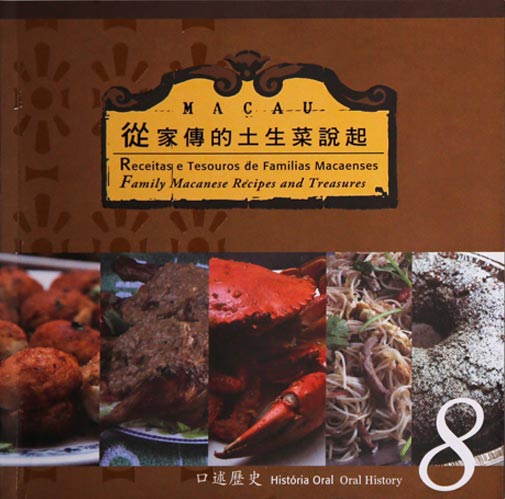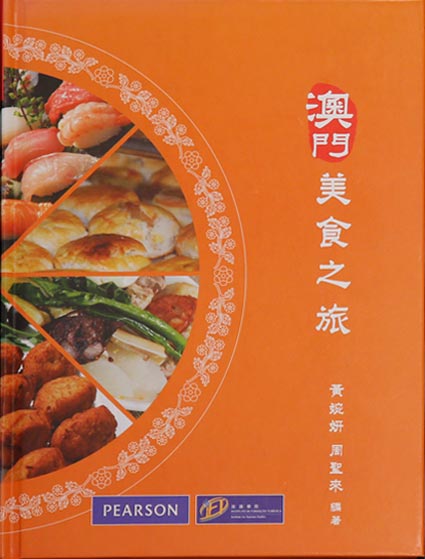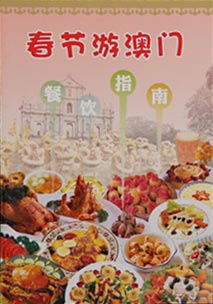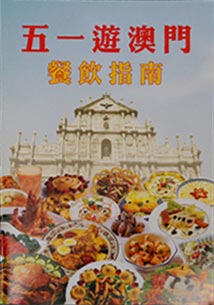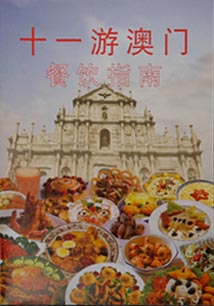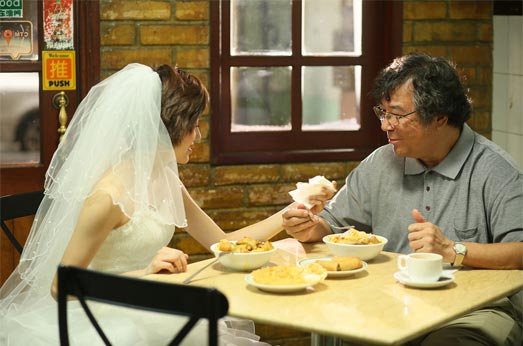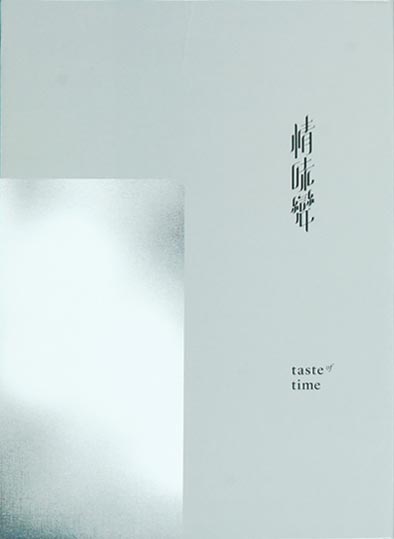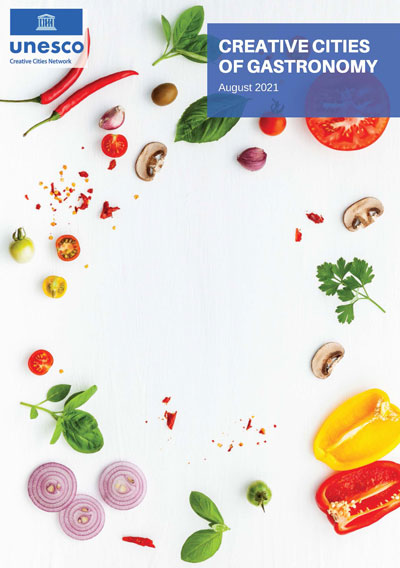Population
Macao’s total population was estimated to be 683,700 at the end of 2023.
Area
Total land area of the Macao Special Administrative Region was 33.3 square kilometres in 2023. The Macao peninsula accounts for 9.3 square kilometres (28.0 percent) of the current area; Taipa island for 7.9 square kilometres (23.7 percent); Coloane island for 7.6 square kilometres (22.8 percent); COTAI Reclamation Area for 6.1 square kilometres (18.3 percent); New Urban Zone Area A for 1.4 square kilometres (4.2 percent); New Urban Zone Area C for 0.3 square kilometres (0.9 percent); Macao border crossing area on Zhuhai-Macao checkpoint on the Artificial Island of the Hong Kong-Zhuhai-Macao Bridge for 0.7 kilometres (2.1 percent).
Time
Macao is eight hours ahead of Greenwich Mean Time.
Climate
Macao is situated in a subtropical zone, with the Asian continent to the north and a wide tropical sea to the south. In winter, Macao experiences northerly winds, cold and dry weather and low rainfall, due to a cold continental high-pressure system at medium and high latitudes. In summer, Macao is mainly subject to south-westerly winds, hot and wet weather and heavy rainfall, due to the influence of oceanic tropical weather systems. The reverse of wind directions in winter and summer, together with minimal temperature variations during the day, give Macao a marine monsoon climate.
Macao has an average annual temperature of 22.8ºC. The coolest month is January, when it averages 15.2ºC. Most years, Macao has a short cold weather period when temperatures fall below 5ºC. The average monthly temperature exceeds 22ºC during seven months of the year, indicating that Macao has a short winter but a long summer.
Macao is frequently hit by typhoons. The typhoon season starts in May and ends in November, with July to September as its peak period.
Languages
Chinese and Portuguese are the official languages, Cantonese being most widely spoken. The official languages are used in government departments in all official documents and communications. English is generally used in trade, tourism and commerce.
Political System
Macao became a Special Administrative Region (SAR) of the People’s Republic of China on 20 December 1999. Its constitutional document, the Basic Law of the Macao Special Administrative Region (MSAR), also came into force on the same day.
The Basic Law of the Macao Special Administrative Region stipulates the system to be practiced in Macao, and lays down the political and administrative framework of the MSAR for 50 years from 1999.
The systems and policies of the MSAR – including its social and economic systems; safeguards for the fundamental rights and freedoms of its residents; the executive, legislature and judiciary; and Government policies – are all based on the provisions of the Basic Law.
Under the Basic Law, the MSAR is entitled to a high degree of autonomy in all areas except defense and foreign affairs. It enjoys executive autonomy, legislative autonomy, an independent judiciary and the right to final adjudication. The MSAR maintains the status of free port and independent tariff region. It also maintains the free flow of capital and the freedom of operations of financial institutions. It may, under the name “Macao, China”, independently maintain, develop relations with and sign agreements with various countries, regions and international organizations in fields such as the economy, trade, finance, transportation, communications, tourism, culture and sports.
The Government of the Macao Special Administrative Region is the executive authority of the MSAR. The Chief Executive is the head of the Government, and general secretariats, directorates of services, departments and divisions are established in the MSAR Government.
Economy
Although Macao has a relatively small economy, it pursues an open economic policy. It is one of the two international free ports in China. Goods, capital, foreign exchange and people flow freely in and out of Macao. As a separate customs territory, it boasts one of the lowest tax regimes in the region. Macao is integrated with the global economy and maintains traditional and special economic ties with the European Union (EU) and Portuguese-speaking countries. Consequently, Macao plays a relatively important role in the regional economies and is an important gateway and bridge linking mainland China with international markets.
Following the recent transformations of both internal and external economic environments, the contribution to Macao’s GDP of the tourism and leisure industry has overtaken that of the manufacturing, financial services, construction, and real estate industries.
At the end of 2023, the total asset value of the fiscal reserve, including the central budget balance for 2021 transferred early in the year, was 580.5 billion patacas, representing an increase of 22.5 billion patacas over the same period in 2022. The year-end balance of foreign exchange reserves increased by 8.4 percent over 2022, amounting to 223.6 billion patacas.
External Relations
As a non-sovereign special administrative region, Macao enjoys wide-ranging and close relationships with most countries and regions throughout the world. Macao participates in various international organizations and multilateral treaties. This helps it to maintain its unique position in the world and to develop external relations in areas such as economics, trade, finance, aviation, transportation, culture, education, environmental protection and health.
Labor and Employment
In 2023, the annual unemployment rate was 2.7 percent, while the unemployment rate among local residents was 3.4 percent, representing year-on-year decreases of 1.0 and 1.4 percentage points, respectively.
In 2023, Macao’s employed population increased by 0.14 percent over the previous year, and totalled 365,200, of whom 47.98 percent were male and 52.02 percent were female. Broken down by industries, the working population was mainly engaged in recreational, cultural, gaming and other services (21.9 percent); hotels, restaurants and similar activities (12.6 percent); public administration and social security (8.0 percent); construction (7.61 percent); real estate and business and services (8.84 percent) and wholesale and retail (12.8 percent).
In 2023, the median monthly earning of Macao’s employed population was 17,500 patacas, representing a year-on-year increase of 2,500 patacas, while that of local residents was 20,000 patacas, which was 1,000 patacas more year on year. At the end of December 2023, Macao had 176,661 non-resident workers, representing an increase of 14.0 percent compared with the figure in 2022.
Historic City of Macao
Comprising over 20 monuments and urban squares interwoven in the heart of the city, the historic district is collectively known as “The Historic Centre of Macao” and inscribed on the World Heritage List in 2005. It stands today as a living testimony to the integration and co-existence of eastern and western cultures over a unique chapter in history. Leisurely explore the Historic Centre of Macao, one will discover various magnificent heritages and unveil their wonderful stories!
For more information on each of the monuments, please browse Macao Government Tourism Office website.
Intangible Cultural Heritage
As a place of meeting of cultures, Macao has rich and diversified popular customs. For over four centuries, Chinese and Western cultures have taken root and grown here together, creating the unique cultural landscape and precious intangible cultural heritage of Macao.
Intangible Cultural Heritage refers to the practices, representations, expressions, knowledge and skills as well as the related instruments, objects, artifacts and cultural spaces that are considered component parts of cultural heritage by communities, groups and, in some cases, individuals. Intangible cultural heritage includes oral traditions, performing arts, social practices, rituals, festive events, knowledge and practices concerning nature or the knowledge and skills to produce traditional crafts.
As of June 2020, a total of 70 items in Macao have been recorded on the Inventory of Intangible Cultural Heritage, with 12 items inscribed on the List of Intangible Cultural Heritage. At present, there are a total of 11 items of Macao inscribed on the Representative List of National Intangible Cultural Heritage, including: Cantonese Opera, Herbal Tea Brewing, Woodwork - Religious Figure Carving, Cantonese Naamyam (Narrative Songs), Taoist Ritual Music, Festival of the Drunken Dragon, Belief and Customs of A-Ma, Belief and Customs of Na Tcha, Macanese Gastronomy, Patuá Theatre and Belief and Customs of Tou Tei.
For more information, please visit the Macao Cultural Heritage website.


